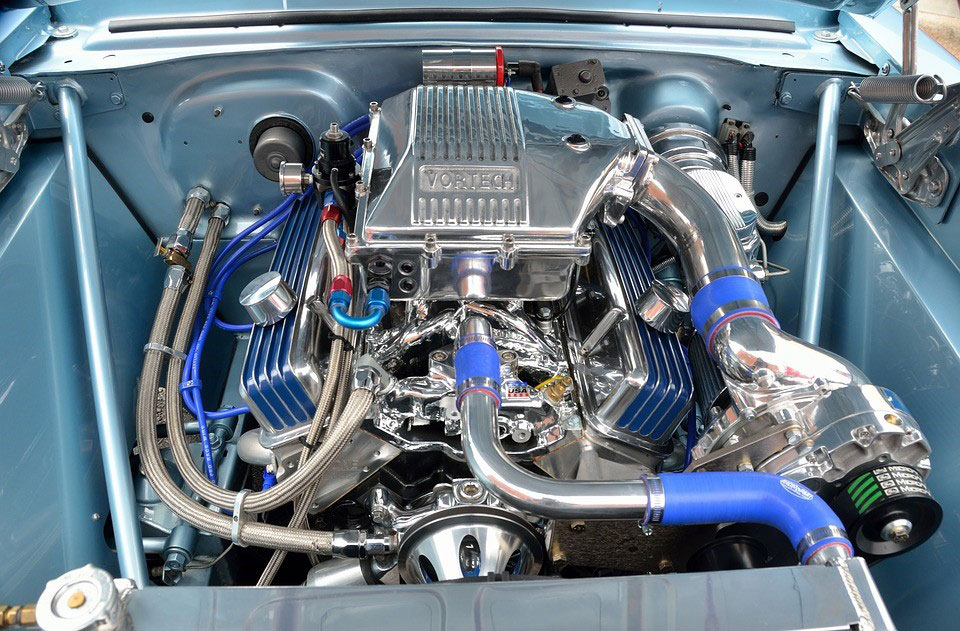Thinking about buying a new car? If so, you’re most likely going to see quite a few choices in both diesel engines and gasoline engines. While both engines can be found in some of the best vehicles in the world, choosing between the two really comes down to how easy each engine will be to maintain, and whether you are prepared for the maintenance schedule that comes along with the car.
Of course, for many people, it’s easy to overlook the routine maintenance associated with the type of engine in the car and to just buy one because you like a particular model vehicle. Either way, here is what you might expect when considering the overall maintenance on a diesel engine vs a gasoline engine.
There is probably no worse feeling for a motor vehicle owner than to find themselves stranded along a deserted stretch of highway with a car broken down. In cases such as this, people often find they need to call an auto transport or towing company to have the non-op car transported many miles to get it to a shop for repair. Taking care of the simple required maintenance can help lessen the chance this will be necessary.
Points to Ponder on Engine Maintenance
Diesel engines have more usable energy than gasoline powered engines. This means, diesel engines will have better fuel economy. You may notice that diesel often has a higher price at the pump, but this is often made up with more power and more mileage per tank.
On the other hand, gasoline engines can often push a car to those fast speeds that many people enjoy when racing down the interstate.
Cost
The cost of diesel, which was mentioned above, is often the same or higher than gasoline when it was cheaper in previous years. Since diesel is used in large, commercial trucks as well as in home heating tanks and generators, the cost is simply not going to go down anytime soon. With the high demand for diesel in the commercial trucking and heating industries, the average citizen with a diesel engine will continue paying more for diesel fuel.
On the plus side however, diesel engines usually get around 25% better fuel economy than gasoline powered engines.
Plugs
Gasoline powered engines have spark plugs and those plugs will, on average, need to be changed every 30,000 to 100,000 miles depending on whether the car has copper, iridium or platinum plugs. Diesel engines don’t have spark plugs, which means there is no plug maintenance necessary.
Tips for Overall Maintenance on Diesel and Gasoline Engines
While engine maintenance varies between diesel and gasoline engines, there are some common tasks that should be taken care of for both. These include:
Cleanliness: Vehicle owners should keep the engine as clean as possible. In a diesel engine especially, dirt and grime can damage the integral diesel parts and the engine life can be reduced. A diesel engine needs clean air, oil and fuel to run efficiently.
Air Filter Change: Air filters on both gasoline and diesel-powered vehicles need to be changed when dirty to help the car run smoothly.
Oil Change: Depending on your vehicle, the oil should be changed at least every 5,000 to 7500 miles unless your owners-manual states differently.
Coolant: Many people only think of coolant when they break down on the side of the road when it gets too low. Your coolant should be checked and flushed on schedule with the suggested flushing in your vehicle manual.
For gasoline powered engines, it is important to ensure maintenance is handled on time to keep the car running smoothly. For diesel engines that might be used to haul heavy loads and other strenuous tasks, keeping a maintenance schedule and making sure things are taken care of on time can mean the difference between hauling a heavy load or having your own vehicle hauled to a shop.







